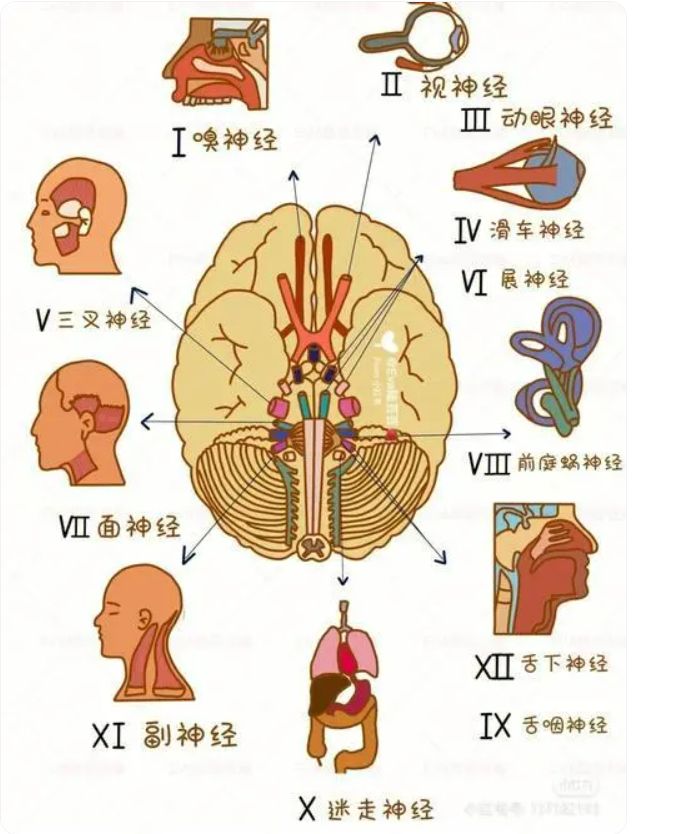Enhanced Gut Microbiota Therapy
Methods of Gut Microbiota Therapy:
1.Microbiota Transplantation:
Involves transplanting the gut microbiota from a healthy individual to restore the balance of the recipient's gut microbiota. This method is primarily used to treat refractory gastrointestinal infections, enteritis, and irritable bowel syndrome.
2.Microbiota Adjustment:
Involves modifying dietary structure, using probiotics or prebiotics, and other methods to adjust the composition and function of the gut microbiota. This approach is mainly used for preventing and treating disorders such as intestinal dysbiosis and immune dysfunction.
Gut microbiota therapy has shown promising results in the treatment of various diseases, particularly in the field of gastrointestinal-related disorders and immune-related conditions. Ongoing research and clinical practice are needed to further validate its efficacy and address associated technical and safety concerns.

Gut Microbiota Intervention - A New Approach to Treating Autism:

Autism, a neurodevelopmental disorder characterized by difficulties in social interaction, language communication, and repetitive behaviors, has been linked to gut health. By adjusting the gut microbiota and improving gut health, positive impacts on the symptoms of autism can be achieved. This article explores the effectiveness of gut health in treating autism.
Relationship between Gut Health and Autism:
Individuals with autism often experience gastrointestinal issues such as diarrhea, constipation, and digestive problems. Research has revealed differences in the gut microbiota of individuals with autism compared to those without. Imbalances in the microbiota may disrupt intestinal barrier function, triggering inflammatory responses that impact the development and function of the nervous system. Therefore, improving gut health has emerged as a novel approach in treating autism.
Association of Probiotics with Autism:
Probiotics, beneficial microorganisms promoting gut health, play a significant role in regulating gut microbiota balance, enhancing intestinal barrier function, and reducing inflammation. Studies have shown that the use of probiotics can ameliorate gastrointestinal issues in individuals with autism, positively influencing their behavior and social interactions. For instance, one study found that oral administration of probiotics led to improvements in social behavior and language expression in individuals with autism.
Probiotics are good companions for humans
Relationship Between Gut Microbiota and Brain Inflammation:
Gut microbiota plays a vital role in maintaining overall human health, aiding in food digestion, and producing essential nutrients. Additionally, it influences the immune system and produces chemicals that affect brain function. Imbalances in gut microbiota can lead to diseases.
In addition, the gut microbiota can also impact brain health. Research indicates that the brain and gut microbiota are connected through the gut-brain axis. The gut-brain axis is a complex network composed of neurons, proteins, and chemical substances that facilitate communication between the digestive system and the brain.


The relationship between gut microbiota and Alzheimer's disease is highly significant. The gut microbiota can regulate the development of neurons through the microbiota-gut-brain axis. When the gut microbiota is disrupted, it can lead to various metabolic disorders in the nervous system, such as Alzheimer's disease. Imbalances in gut microbiota can cause central nervous system disturbances and chronic inflammation, triggering the deposition of a major pathogenic protein in Alzheimer's disease known as beta-amyloid (Aβ). Neurotransmitter imbalances and oxidative stress can further exacerbate the progression of Alzheimer's disease.
If this hypothesis is confirmed, potential targets for the prevention and treatment of Alzheimer's disease could include prebiotics, probiotics, fecal transplantation, antibiotics, and specific dietary interventions. Gut microbiota therapy aims to reshape the gut microbiota by acting on the microbiota-gut-brain axis. This approach seeks to reduce abnormal metabolic byproducts, alleviate the infiltration of peripheral inflammatory immune cells into the brain, mitigate neural inflammation, and, consequently, inhibit the aggregation of Aβ, promoting the aggregation of Aβ plaques. Gut microbiota therapy, therefore, systematically plays a role in addressing Alzheimer's disease.









